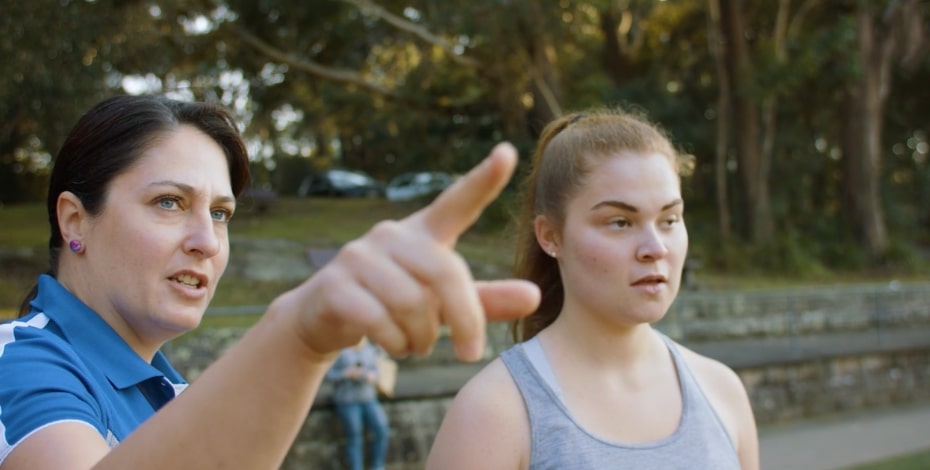
Award recognises innovative FND program

Advance Rehab Centre’s innovative program for treating Functional Neurological Disorder just won a HESTA Team Excellence Award. A conversation with Mel McConaghy and Anna Jones about the program.
Functional neurological disorder (FND) is a disorder of the neurological system characterised by altered connectivity in the brain in the absence of structural irregularities.
Although it is not a well-known disorder, FND is the second most common condition seen at neurology outpatient clinics, says Mel McConaghy, FACP, director of Sydney-based Advance Rehab Centre (ARC), which provides multidisciplinary neurological rehabilitation services.
FND can present in many different ways, affecting body movement, sensation, speech and function.
Many patients experience intense fatigue and ‘brain fog’ in addition to involuntary movements and dissociation episodes that can resemble seizures.
While not much is known about the disorder, treatment requires a multidisciplinary approach.
An analogy for FND that resonates with clients, says neurological physiotherapist and ARC clinic manager Anna Jones, is that it is a software problem, not a hardware problem.
So while there is no evidence of structural damage to the brain and nervous system, messages from the brain to the rest of the nervous system are scrambled.
‘It’s a nice way to explain it to patients.
'It makes sense to them that the structural components are all there, but the connectivity is wrong,’ Anna says.
At ARC, Anna has set up a multidisciplinary team, including physiotherapists, occupational therapists and exercise physiologists, to work with FND patients, tailoring their therapy to manage the disorder.
She says most clients fall into one of two categories—those who have more consistent and defined movement disorders, who may benefit from an intensive course of therapy, and those who have cognitive symptoms such as fatigue or dissociation, who often need a slower approach.
External members of the team, including speech therapists, neurologists and psychologists, are brought in as needed.
An important part of the program is educating the clients about FND and how to manage it.
‘This is a chronically under-serviced population that has just really struggled to find anybody who understands their needs and tries to work with them in a positive way,’ says Anna.
‘It really struck a chord with me that these people deserve a chance to reach their full potential, even though they are a group that often challenges our clinical reasoning and problem-solving skills.’
Anna has developed a comprehensive program of education and training for ARC’s allied health staff, based on her own search for information about treating the disorder.
Building on the training that ARC staff receive before working with FND clients, the eight-module course aims to upskill allied health professionals, delving into the theory and statistics underlying FND and providing an understanding of the biopsychosocial framework, as well as assessment and evidence-based treatment options.
Insights from different allied health disciplines involved in treating FND are also presented, along with case studies.
‘We’re trying to make sure that clinicians aren’t thrown in the deep end in terms of treating this patient population.
'We recognise how much patients get from working with someone who has specific knowledge in the area,’ says Anna.
Anna has developed a workbook for the program that functions as a framework for supporting FND clients, guiding both clinicians and clients through assessment, treatment and education.
Believing the program worthy of wider recognition, Mel nominated Anna and her team for the HESTA Award and the team was thrilled to take out the Team Excellence – Allied Health award, worth $7500.
‘It’s fantastic to have some recognition of what we have been putting so much effort and energy and time into here at ARC, but also to have that financial contribution to help make the next steps happen, which is really important,’ says Anna.
© Copyright 2025 by Australian Physiotherapy Association. All rights reserved.





